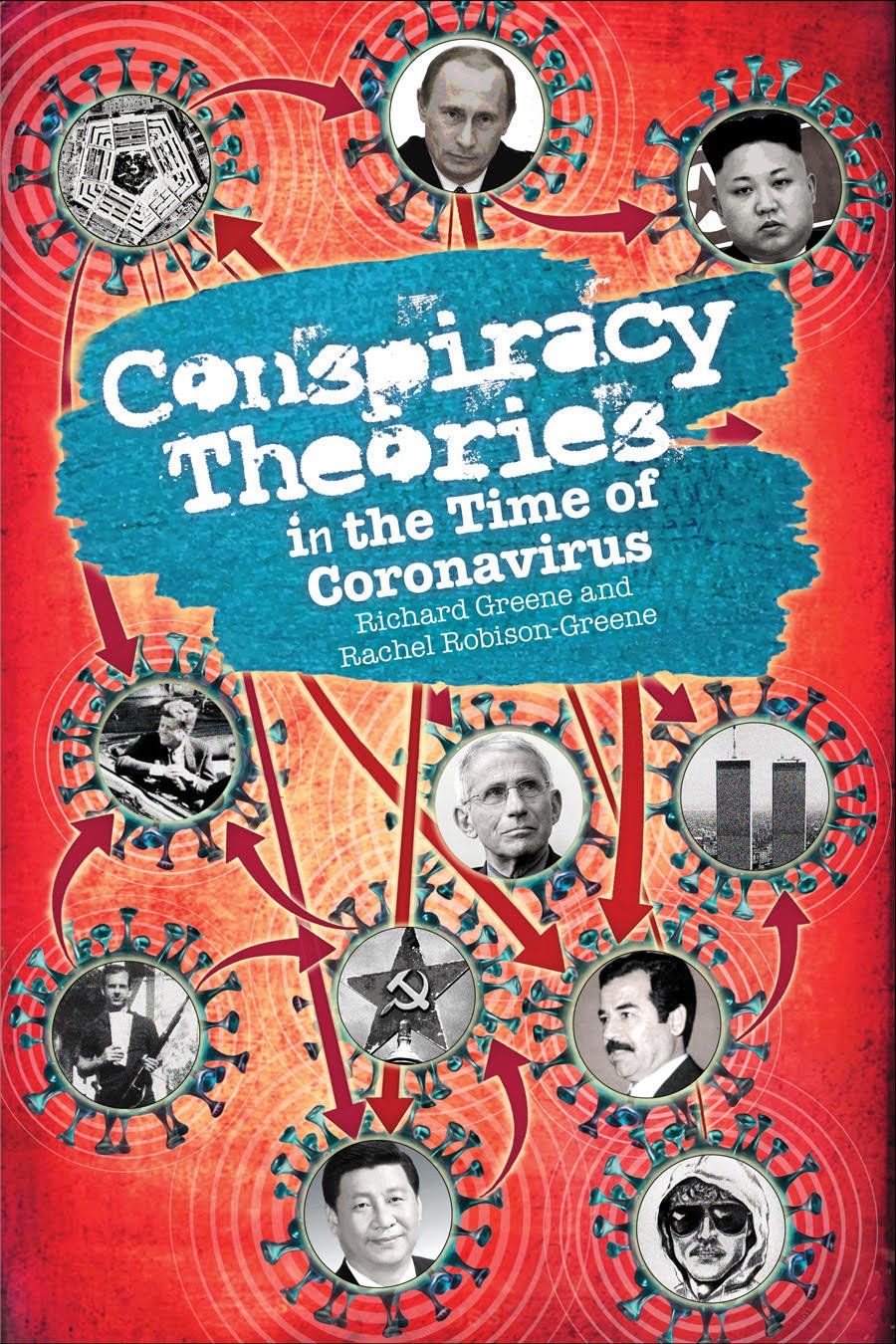Conspiracy Theories in the Time of Coronavirus
A Philosophical Treatment

Microchips, government-replaced bird drones, QAnon and vaccine tracers: these are just a few of the most common conspiracies we have heard over and over again throughout most of 2020-2021's news cycles.
There are common categories of conspiracy theories, variants of which pop up over and over again, and new and outrageous theories that seemingly appear overnight. While most of them are easily debunked, conspiracy theories and their root causes can be used to closely track people’s most significant philosophical concerns at a point in time. In this up-to-date study of conspiracy theories, the authors look at the history of conspiracy theories, discuss the history and hallmarks of such theories, and examine what counts as a conspiracy theory — and what doesn’t.

Rachel Robison-Greene is an Assistant Professor of Philosophy at Utah State University. Her research interests include the nature of personhood and the self, animal minds and animal ethics, environmental ethics, and ethics and technology. She has edited many volumes in pop culture and philosophy, including The Handmaid's Tale and Philosophy. She is the co-host of the pop culture and philosophy podcast I Think Therefore I Fan.
Richard Greene is Professor of Philosophy and Director of the Richards Richards Institute for Ethics at Weber State University. He is the past Director of the Intercollegiate Ethics Bowl. He is the author of Spoiler Alert: It's a Book About the Philosophy of Spoilers, and has produced twenty or so edited books on pop culture and philosophy. He also co-hosts the popular podcast I Think, Therefore I Fan.

